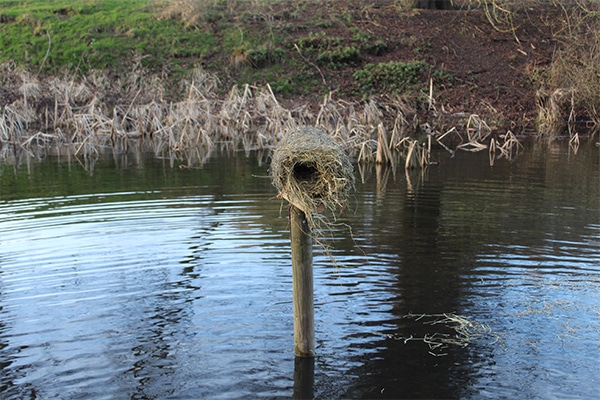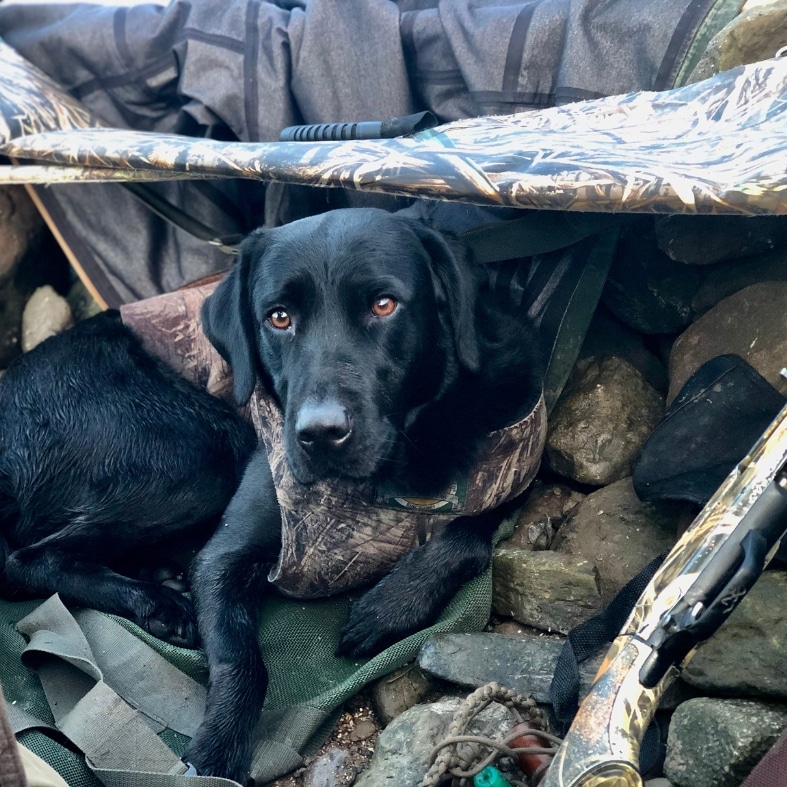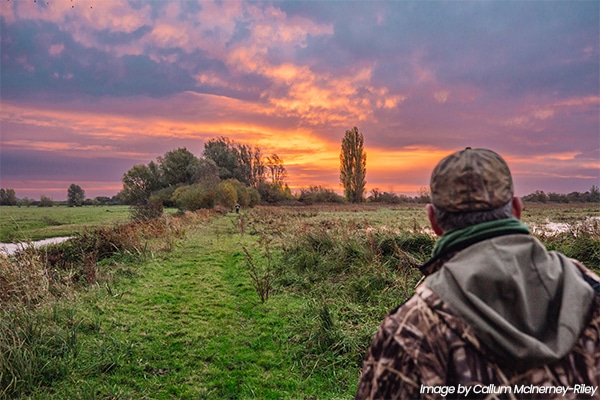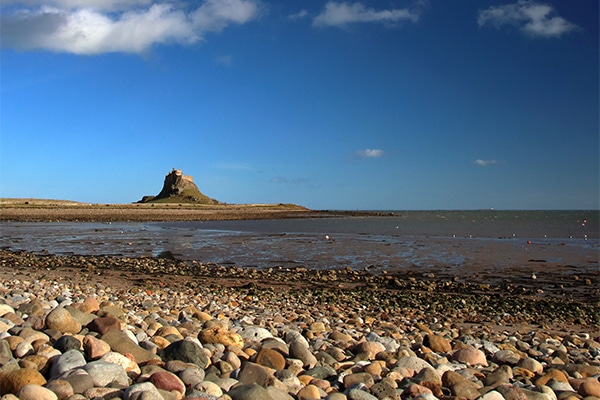
Duck nest tubes monitoring
Through a citizen science project the Waterfowlers’ Network are monitoring the breeding success and usage of artificial duck nest tubes.
Get information on the legal shooting season for mammals and birds in the UK.
Apply for funding for your project or make a donation today
Comprehensive information and advice from our specialist firearms team.
Everything you need to know about shotgun, rifle and airgun ammunition.
Find our up-to-date information, advice and links to government resources.
Everything you need to know on firearms law and licensing.
All the latest news and advice on general licences and how they affect you.


Home » Wildfowling » What do I need?
Because of the time wildfowling is undertaken, the type of terrain and the fact it is usually a solitary activity safety equipment is vital as well as the following:-
In an emergency, a mobile phone will enable you to summon assistance by dialling 999/112, or 101 in Scotland, and asking for the coastguard. However, do make sure there is a signal for reception out on the marsh – many rural locations have poor or no mobile phone reception. Ensure that the battery is fully charged and the phone is stored in a waterproof case before taking it on to the marsh.
The what3words mobile app can help the emergency services pinpoint your location should you need emergency assistance.
A compass is an essential piece of equipment to carry – it could, for example, be the only reliable way of making it off the marsh in fog. Make sure that you are familiar with how to use it before venturing out on the marsh.
A pocket GPS receiver is an effective, modern equivalent to a compass, but make sure that you understand how to use it too. Waypoints can be plotted on the way out and used to show the return route. Not only is this a useful safety feature but also helps negotiate creeks and gutters at their easiest crossing points. These are especially useful in the dark.
Flashing a torch nine times – three short flashes, then three long flashes, then three more short flashes – is the SOS morse code signal. Distress flares might also be used for attracting attention.
Always carry a jointed cleaning rod, hide pole or slim bamboo cane as it is all too easy to get mud or snow in the muzzle of your gun. Never fire a shot to try and clear an obstruction in the barrels.

Through a citizen science project the Waterfowlers’ Network are monitoring the breeding success and usage of artificial duck nest tubes.

To be successful when it comes to wildfowling a certain level of skill and knowledge is essential, including understanding the habitat.

Find all the information you need about BASC’s Lindisfarne wildfowling permit scheme.